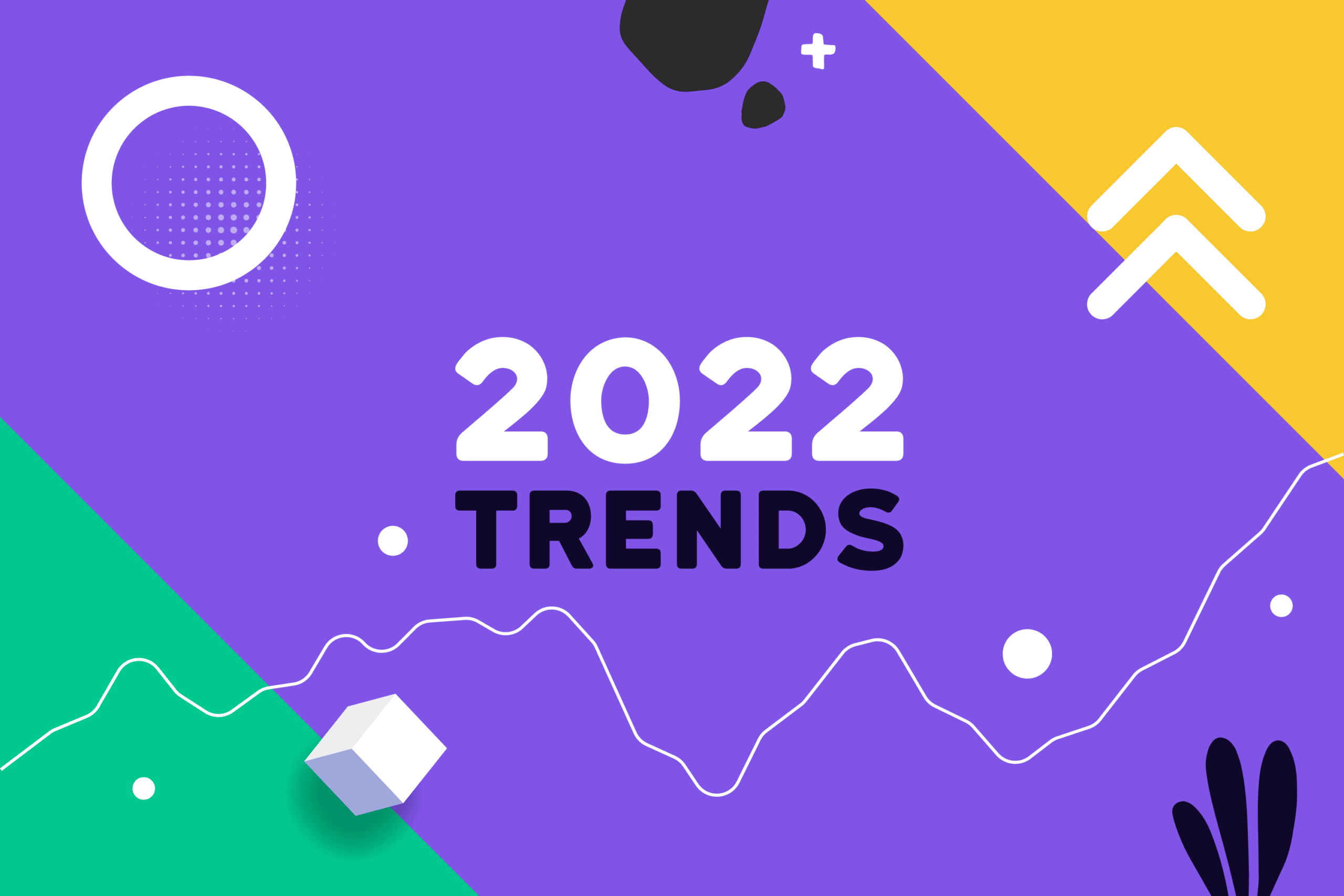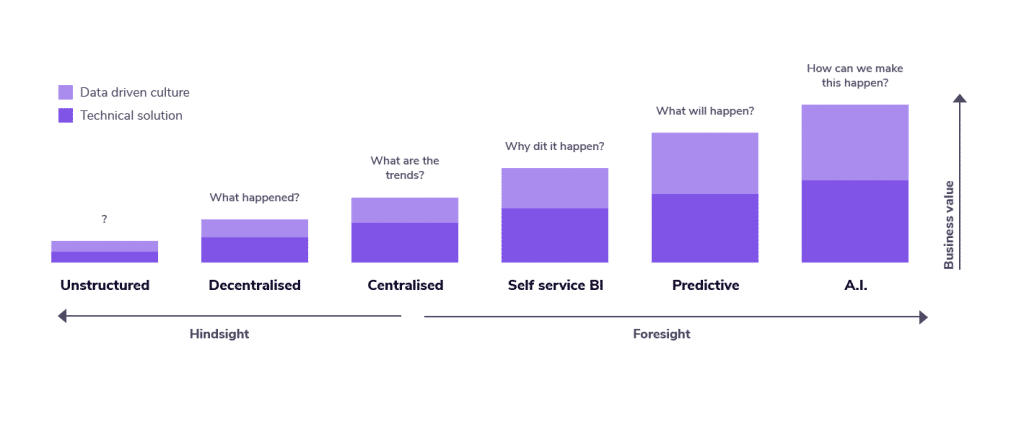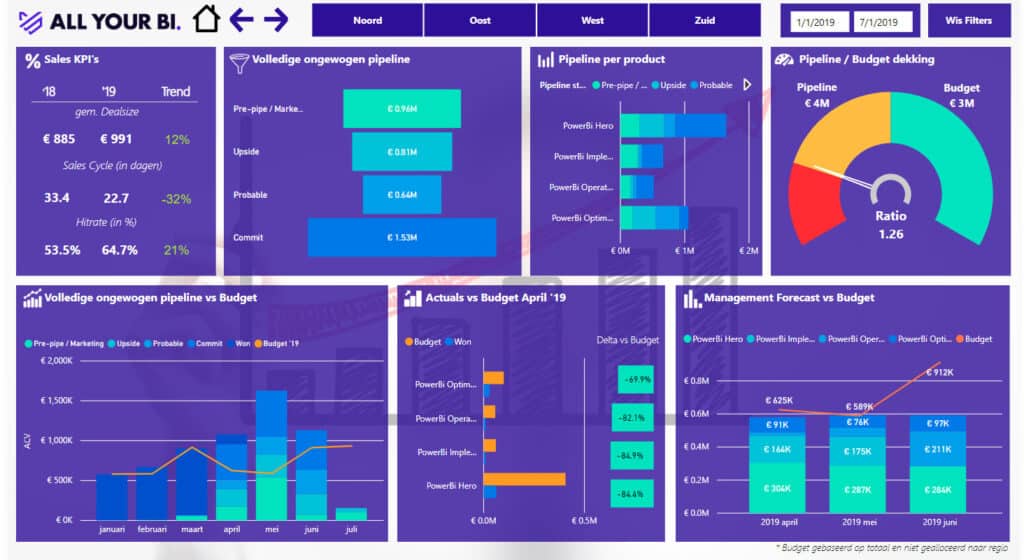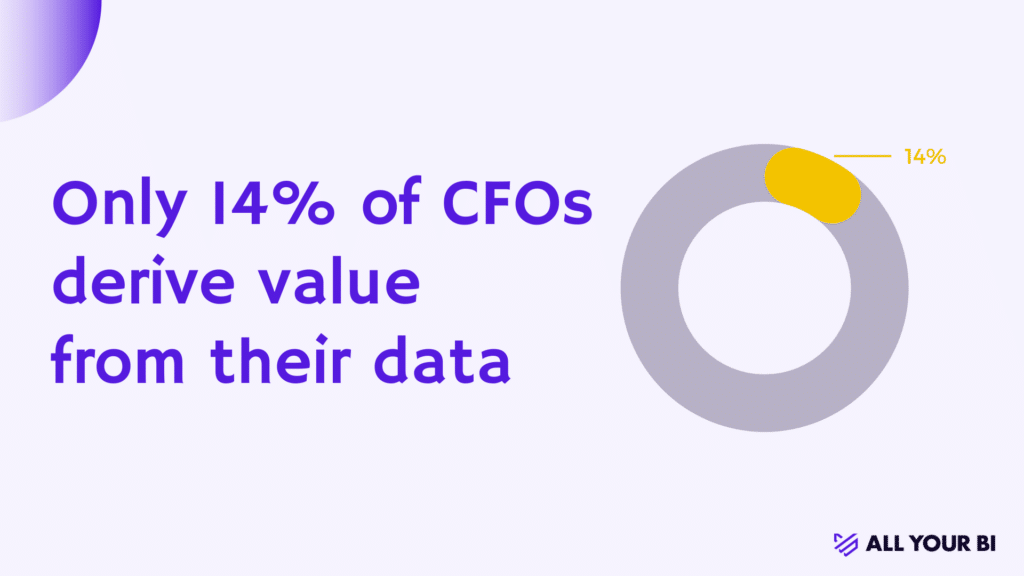
Whilst our team was starting up gently in the first week of January, a casual discussion got underway about the BI trends for 2022. It quickly turned into something competitive “Who makes the most accurate prediction?’’.
That got us thinking about listing all our predictions and sharing them with the outside world. At the end of the year, we will look back of course to see what really came of our predictions.
We’re also interested in your views on the matter and any additions you may have; just put them in the comments at the bottom of the page.
Below we have the most important developments we identified for 2022. This is based on what is happening with our clients, what we see in the market, what we hear from our partners, on input we get from our network, and trends we see online. We divided these developments into three categories:
- Technology
- Labour market
- Market maturity
The 5 biggest technological BI trends
1. Microsoft remains miles ahead
Microsoft will remain at the front of the BI field and will continue to increase its market share. We expect this to be reflected clearly in Gartner’s Business Intelligence Magic Quadrant on 15 February.
2. Data Science becomes more accessible to the masses
With continuous improvement of tooling, such as Azure Machine Learning, it becomes more and more accessible for the masses to run their own complex analyses and to get cracking with Data Science.
3. The beginning of the end of standalone BI solutions
The market is maturing when it comes to BI, and logic has it that organisations will wish to integrate their data from all their different applications. We expect more and more organisations to move away from their standalone BI solutions; 2022 is the beginning of the end.
4. Massive demand for near real-time insight
The need for near real-time insight will grow massively this year. A daily refresh overnight is no longer enough for the reporting need; several times a day or even once every hour will be the ‘new normal’.
5. Hybrid solutions become the standard
Solutions with seamless cooperation between a Data Lake and a Data Warehouse become standard; smaller organisations will move to this as well over the coming years.
The 5 biggest job market trends
1. The demand for data jobs is growing even faster
The demand for data jobs will grow even more. For example, 3 of the top 15 fastest-growing jobs on LinkedIn Netherlands, data- related jobs. Meanwhile the pool, particular at medior and senior level, can no longer keep up with the demand. Organisation culture will become the decisive factor in winning the ‘war for talent’.
2. Increasing numbers of BI freelancers
The shortage on the labour market means that BI professionals can pick and choose. In the hope of getting more grip on their work and to benefit financially, we see a serious increase in the number of BI professionals who are going freelance.
3. Business Intelligence & Data Science are starting to merge
The Business Intelligence and Data Science domains are growing closer. They won’t merge completely this year, but BI people will have to develop more basic skills, such as statistics. Data Scientists on the other hand will need to develop more knowledge and skills of databases and SQL.
4. Gigantic inflow into the Data and BI profession
We are seeing a gigantic influx of juniors in the Data and BI profession. This is noticeable in the number of applicants with a junior profile, a massive increase in BI training, the number of requests for traineeships and the number of people who are getting their first Azure Fundamentals training. This is good news for the labour market and provides tonnes of opportunities for organisations to train their own talent rather than having it recruited.
5. Dashboarding is an absolute must-have skill for every controller
The role of BI specialist (dashboard specialist) will become a standard part of every Finance team in SMEs. Power BI in particular will become a standard skill that will be required of every controller or business controller.
The 5 biggest trends in the BI maturity of the market
1. Quality of data will become a top priority for every organisation
Nearly every organisation will have a greater demand for improved data quality from the business. The consequence is that systems and processes will have to adjust to the reporting requirements rather than the other way around. Reports to monitor those processes and the quality of data will become best practice.
2. Master Data Management is the most important theme of the year
The majority of organisations is growing to the ‘centralised’ BI maturity phase (see our BI Maturity Model). This means that they will organise their BI company wide. That makes the quality of the data, the synchronisation of the data across the organisation the biggest challenge. In 2022, Master Data Management will be one of the most important themes. We expect everyone to be talking about MDM this year.

3. Agile becomes the standard for the BI profession
The agile philosophy and way of working will become standard in the BI profession. As with IT and software, it is essential to implementing and continuing to develop BI successfully.
4. Dashboards become a commodity
Pretty much everyone has some form of dashboard by now: be that Power BI, Excel or as part of a CRM/ERP package. In 2022, everyone will have to learn above all how you get action-led insights from all that data. Data storytelling will become a ‘hot’ specialisation.
5. Business Intelligence will be seen as the profit optimiser
Where BI was previously seen as a cost item, it is now transitioning to being a ‘profit optimiser’. We notice this in the larger organisations in particular, as they invest more and more money in their data infrastructure and their data teams. Data is increasingly seen and treated as an asset. Some organisations have gone so far that they are managing to develop new services and products with their data, which means they capitalise their data immediately.
Reviewing the situation
At the end of the year, we will get back to this list to see which predictions were right and where we got it wrong. We’ll share all that of course.
Which trends do you see for 2022?
Join the fun! Which Data & BI trends do you see for the coming year? Which do you question? Let us know in the comments!


